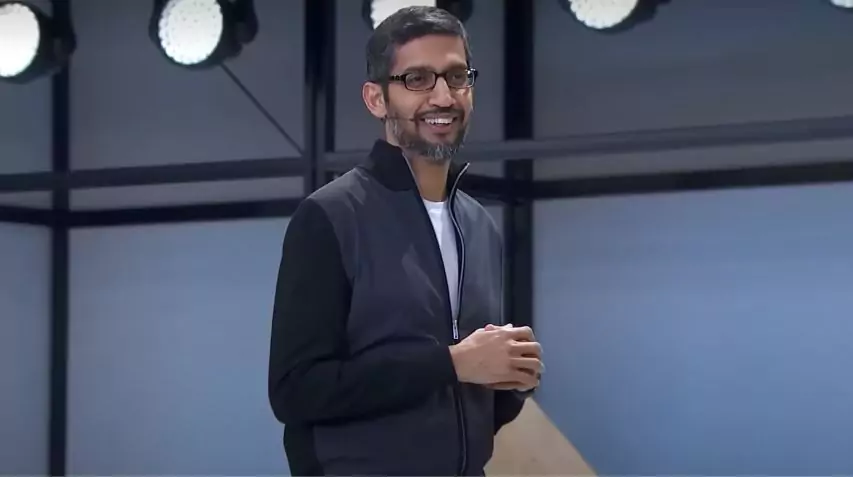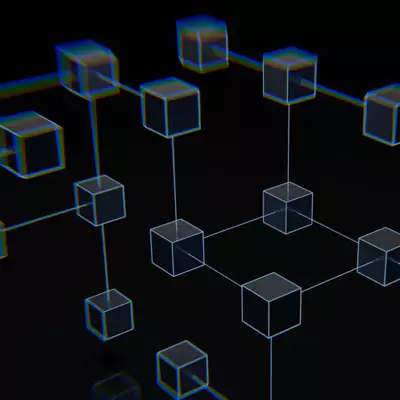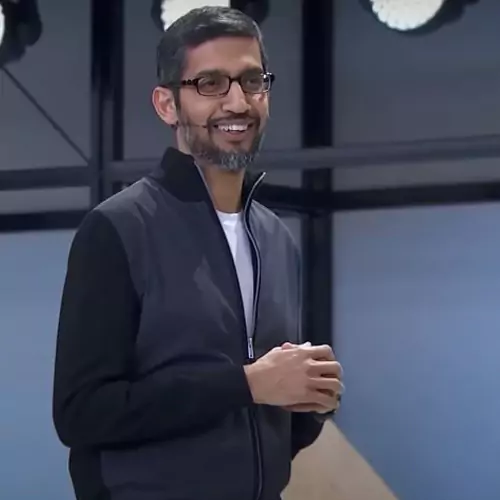Following AI's unexpected rise in popularity, Sundar Pichai of Google issued a code red.

Tech giants like Google have been taken aback by the rapid rise of AI, to the point where CEO Sundar Pichai has issued a "code red" within the organization. Pichai, nevertheless, is still optimistic about Google's AI plan and expects big breakthroughs soon, even in spite of some early disappointments.
Even Google, a major player in the IT industry, was taken aback by the quick surge in popularity of generative AI in the previous several years. Sundar Pichai, the CEO of Google, recently acknowledged that although he has long before realized the importance and ascent of artificial intelligence, he was taken aback by the rapid public interest in and adoption of the technology.
Silicon Valley was taken aback when OpenAI's generative AI chatbot, ChatGPT, was introduced in 2022, and Google was no different. According to reports, Pichai ordered a "code red" within the company in reaction to ChatGPT's success. Pichai stated during a lecture at a Stanford University event that although he thought artificial intelligence (AI) would play a big role in the future and that society would eventually adopt AI-based technology, he had a different idea of the trajectory in mind and was taken aback by ChatGPT's unexpected increase in popularity. He responded by declaring a Google emergency, which prompted the business to invest heavily in the development of artificial intelligence. In order to help direct product efforts, this involved bringing back Larry Page and Sergey Brin, the company's co-founders.
Google has taken a diversified stance in response to the AI explosion. The business has merged Google Brain and DeepMind into one cohesive team known as Google DeepMind and released its own AI solutions. Even so, Google has had trouble maintaining control of the narrative surrounding artificial intelligence.
Two major obstacles occurred along the company's AI journey. Initially, during a demo, the chatbot Bard made a mistake that drew condemnation from both consumers and industry professionals. Then, when its Gemini AI model was unable to produce historically correct photographs, criticism and doubts regarding the model's objectivity and dependability arose. Pichai said that the business had "got it wrong" with Gemini and acknowledged these problems. He expressed regret for the bias and offense caused by some of the model's replies to users. He is nonetheless optimistic about Google's standing in the AI space.
Pichai, nevertheless, is optimistic about Google's long-term AI strategy in spite of the failures. Pichai emphasizes the early stage of AI and says the company is "incredibly well positioned for what is coming."
In the meantime, Google is anticipated to present its most recent AI developments at its annual developer conference the following month, in accordance with its AI roadmap. It is anticipated that the business will reveal new AI functionality for its services, apps, and goods. This covers prospective AI upgrades for its Pixel smartphones as well as the prospect of Gemini AI taking the place of Google Assistant.
But Google is not just concentrating on its own ecosystem when it comes to AI. Also driving Samsung's Galaxy AI is Google's Gemini AI, which is reportedly the basis for generative AI capabilities on iOS devices, potentially starting with iOS 18.




